Last week, Amber Heard was granted a restraining order against estranged husband Johnny Depp, claiming the actor had verbally and physically abused her during their 15-month marriage.
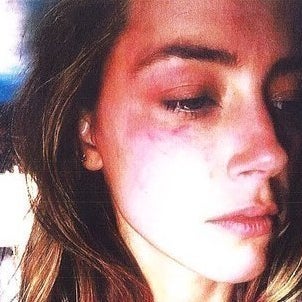
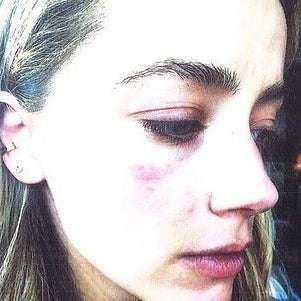
Heard told a court last week there was a history of domestic abuse in their relationship, including a "severe incident" in December 2015 when she "truly feared" her life was in danger.
Her lawyers say she received bruises on her face during an attack at the couple's Hollywood home on 21 May in which she alleges Depp threw a phone at her face. She filed for divorce two days later, citing irreconcilable differences.
Depp has not commented publicly, but his lawyers have accused Heard of "attempting to secure a premature financial resolution by alleging abuse".
The allegations, coming against such a high-profile figure, have pushed the issue of domestic violence into the spotlight. And the public reaction tells a story of its own about the experience of anyone who claims they've been a victim of domestic abuse.
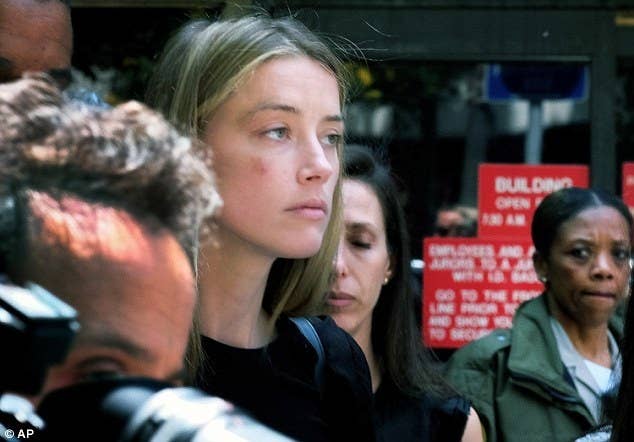
People struggle to believe the accused could be capable of domestic violence, as they don't seem like "the type".
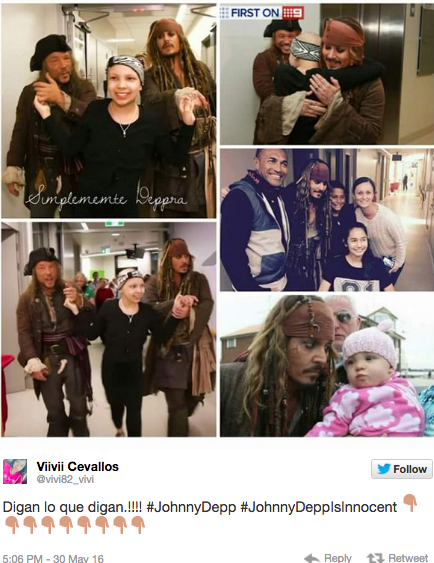
It's common for survivors of domestic violence to be doubted when the perpetrator doesn't line up with the stereotype of an abuser.
This is a case of the "Nice Guy" – people whose charming or kind public personas are at odds with the suggestion that they could be a perpetrator of domestic violence. It is the antithesis of the common myth that the perpetrator must be a monster.
"There is still a dangerous idea that an abuser is a certain 'type' of person, and you would be able to spot them a mile off," the domestic violence charity Women's Aid told BuzzFeed News. "In reality, domestic abuse is far more complicated than that – especially if the abuse being perpetrated is not physical. Domestic abuse cuts across all sectors of society; there is no typical victim or typical abuser."
This becomes especially acute if the accused is famous, popular, and powerful.
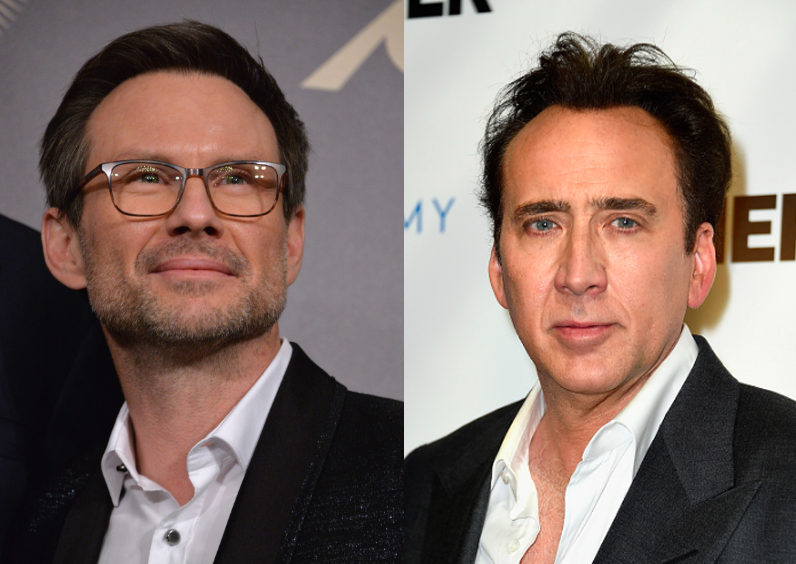
Many people who are accused or found guilty of domestic violence don't fit the stereotypical picture of an abuser. Over the years, a number of celebrities have been accused or convicted of domestic violence, such as Charlie Sheen, Chris Brown, Christian Slater, and Bill Cosby. They were – or are still – seen as "Nice Guys" at one point or another, and very rarely have the allegations ruined their careers or changed the public opinion of the accused.
When people struggle to believe the accused could have committed domestic abuse, the focus shifts to the accuser. The public might seek ways to discredit their claims and raise questions over what a "real" victim should look like.
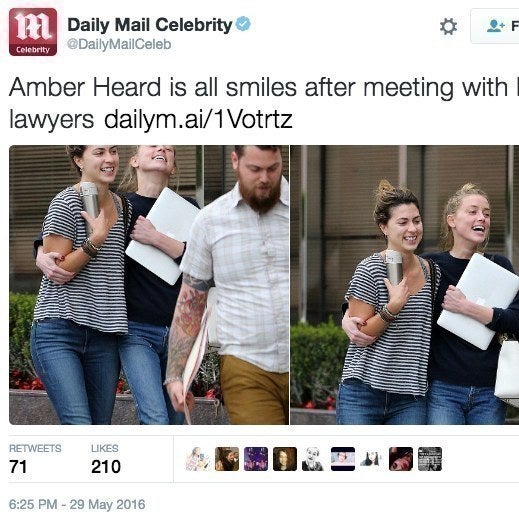
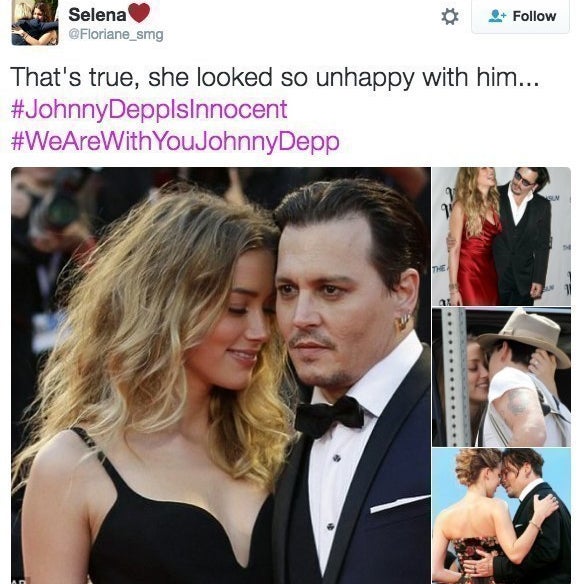
From the start, Heard has faced intense scrutiny and criticism. She's been called a "gold-digger" and accused of faking her injuries.
People then asked: If Depp was really an abuser, as she alleges, why did she look happy in photos with him during their relationship, and smile when she left court? This plays into the trope that domestic violence survivors must always play the victim; they should never smile or be joyful.
While being a victim of domestic violence correlates with a higher rate of depression and suicidal behaviour, it is unrealistic to expect all victims to "appear sad" at all times. If they were real victims, the logic goes, they would seem miserable and afraid all the time.
They then look for ways the victim may have provoked the accused, as a means to apportion blame.
what does amber being bisexual and having lesbian friends have to do with anything? FUCK the media seriously..
People also question whether the accuser may have been "asking for it": Did the accuser cheat on their partner? Did they behave in a way that may have provoked an attack? In this case, was Heard's bisexuality a reason for Depp's alleged rage?
"In cases of intimate partner violence where females are abused by male
perpetrators, women are often blamed for the actions of their abusive male partner," one study has said. "Male offenders may also attribute their behaviour to occupational stress or substance abuse, without taking ownership of their actions. These characteristics all work to minimize a perpetrator's culpability for abusive actions."
This type of behaviour is something we see with survivors of other crimes, too. People who have been raped are asked what were they wearing. Were they drunk? Were they being too flirtatious?
They then wonder if the allegations can be true because other partners of the accused say they were not abused.
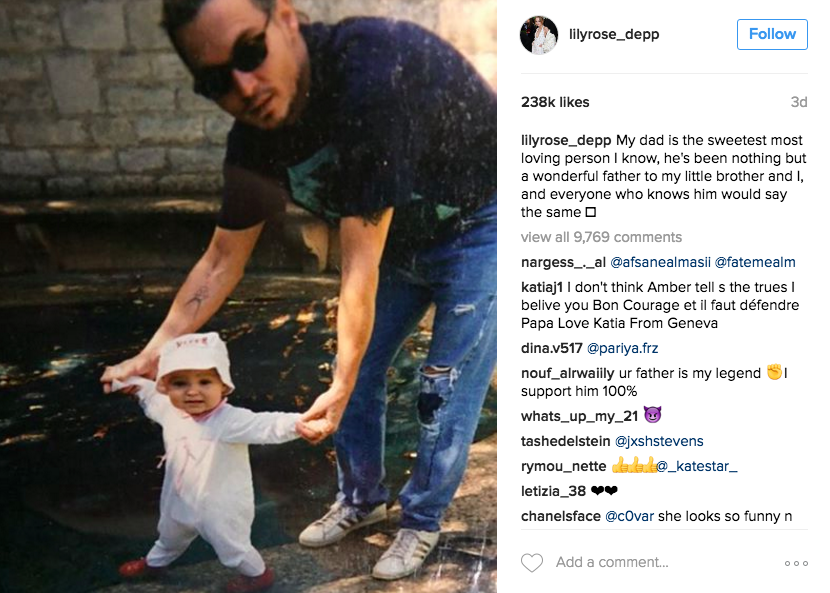
Perpetrators of domestic violence are capable of being good fathers and great friends, and can be in normal relationships where abuse does not take place. There is a myth that domestic abusers are "monsters" at all times, and not ordinary people with complex and varied relationships.
What happens behind closed doors and between two people in one relationship can differ widely from what happens in another.
People demand evidence from the victim, but even if evidence is provided, they look for ways to doubt its validity.

Heard did everything domestic violence survivors are expected to do and advised to do by law firms and charities – obtain evidence and get witness testimony, and report the crime to police. Despite this, she has still been accused of fabricating evidence, including faking the bruises on her face.
As mentioned, the financial sum Heard asked for in her divorce settlement has been cited as a means to undermine her testimony. The public, in this case, appear more comfortable believing a woman faked a bruise on her face for money than accepting her allegations of abuse.
And though this cycle is so often repeated, people still wonder why more victims don't speak out.
THISS! ! #AmberHeard #JohnnyDepp
If you'd like to know more about domestic violence, or are concerned you or someone you know may be in danger, you can visit these charities:
* UK: National Domestic Violence Helpline, run in partnership between Women's Aid and Refuge, 0808 2000 247
* US: The National Coalition Against Domestic Violence, 1-800-799-7233
